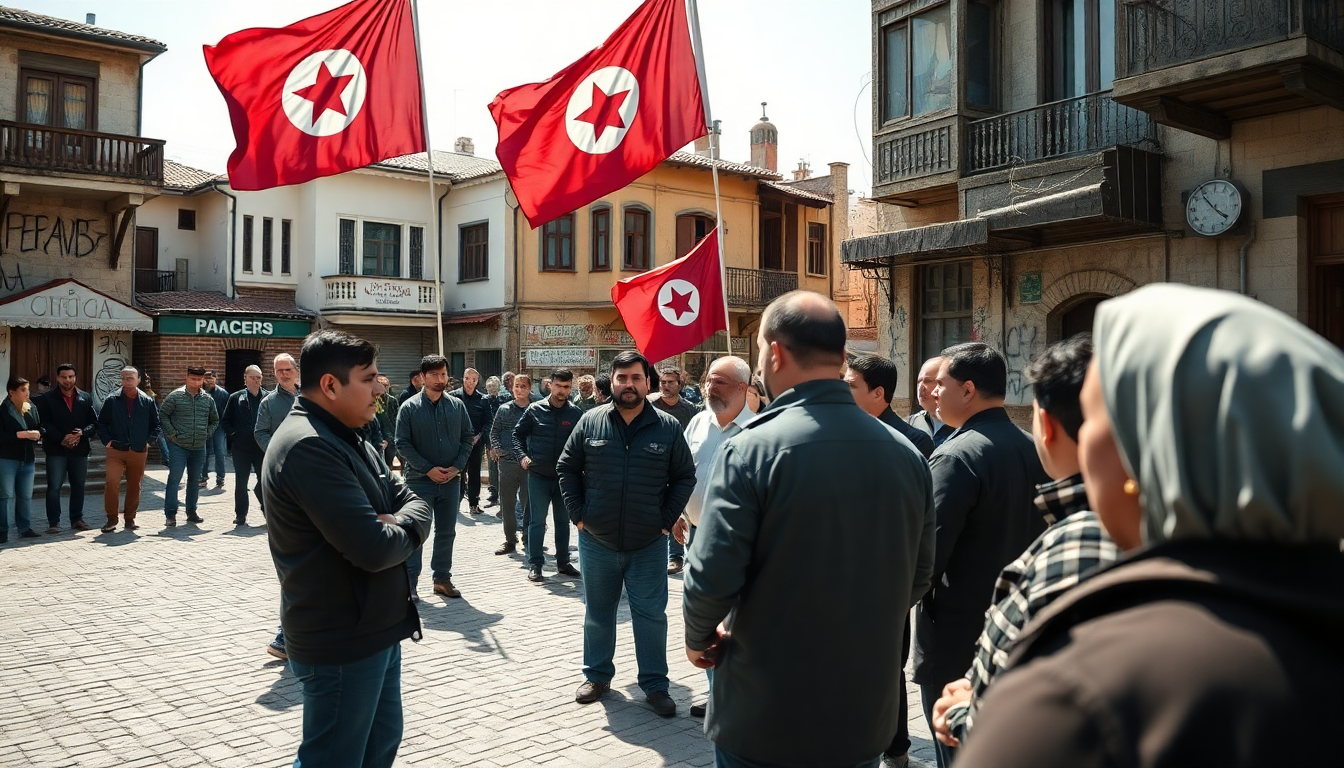Table of Contents
Recent developments in the Kurdish peace process have reached a pivotal moment. Abdullah Ocalan, the imprisoned leader of the Kurdistan Workers’ Party (PKK), has announced an end to the group’s armed struggle against Turkey. This significant shift towards democratic engagement was shared through a video recording, emphasizing the need for care and sensitivity as the discussions for peace move forward. What does this mean for the Kurdish community and the future of Turkish-Kurdish relations?
A Historic Transition
In his message, Ocalan characterized the transition from armed conflict to democratic politics as a “historic gain.” This isn’t just about stopping the fighting; it’s a bold step toward creating a more peaceful and politically engaged Kurdish community. Since his incarceration in 1999, Ocalan has maintained a strong influence over Kurdish sentiments and aspirations, both in Turkey and among the diaspora. Isn’t it fascinating how one voice can carry so much weight?
Ocalan also stressed the importance of establishing a Turkish parliamentary committee to oversee the peace process. He pointed out that disarming PKK fighters will be a critical part of this transition, and the details of this process need to be “determined and implemented swiftly.” This proactive stance suggests a serious commitment to ensuring that the transition is structured and effective. Will this mark a new era in the peace process?
Context of the Announcement
Ocalan’s announcement comes right after the PKK’s previous declaration of intent to disband, bringing an end to over four decades of armed conflict with the Turkish state. In the months leading up to this moment, Ocalan had been calling for disarmament, reflecting a growing awareness among Kurdish leaders that political resolution is the way forward. Given the history that has seen more than 40,000 lives lost since the PKK’s rebellion began in 1984, isn’t it time for a change?
For many years, the PKK has been labeled a terrorist organization by Turkey, the European Union, and the United States. This classification has made peace efforts challenging, but it also underscores the importance of Ocalan’s current position and the potential for a fresh chapter in Turkish-Kurdish relations. Could this be the turning point everyone has been waiting for?
Implications for the Future
The implications of Ocalan’s message reach far beyond immediate disarmament. It signifies a broader call for a new way of engaging between the Turkish state and the Kurdish population. By emphasizing democratic politics, Ocalan is advocating for a more inclusive approach that respects the rights and aspirations of Kurds in Turkey. As he rightly pointed out, “care and sensitivity are essential” in this process—an awareness of the delicate nature of reconciliation efforts.
Looking ahead, the creation of a parliamentary committee could pave the way for dialogue and provide a platform to address long-standing grievances. This could be a transformative step toward fostering mutual understanding and cooperation between the Turkish government and Kurdish leaders. However, the success of this initiative hinges on both sides’ willingness to engage in constructive dialogue and uphold their commitments during this transitional phase. Are we witnessing the dawn of a new era in Turkish-Kurdish relations? Only time will tell.


